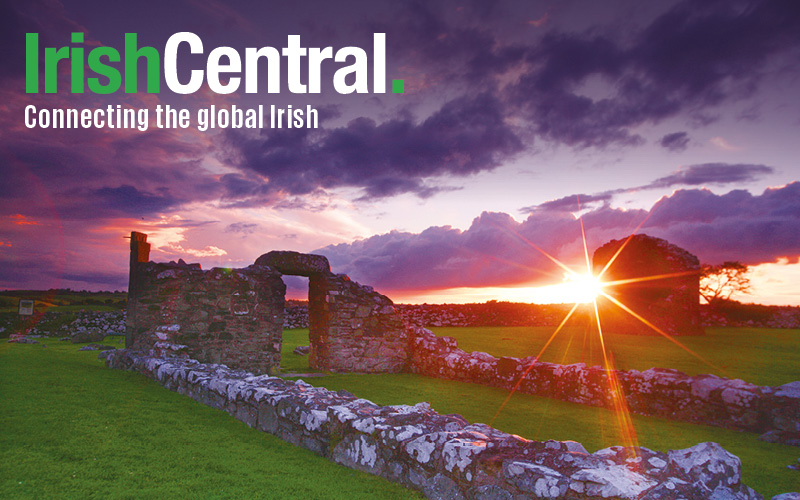That question may not seem as fanciful in the months ahead, with a trail-blazing new pope leading the way for the world’s Catholics.
Pope Francis has often said he wants to see greater roles for women in the church, and progressive Catholics are arguing that he could take a significant step in that direction by appointing the first women to the College of Cardinals.
Known as the 'princes of the church', historically it's an exclusively male group that casts secret ballots in a conclave to elect each new pope.
But just last year, New York Cardinal Timothy Dolan, the president of the U.S. Conference of Catholic Bishops who is known for his conservative outlook, was asked during an interview on Catholic television whether a woman could be named a cardinal. Dolan agreed that it was 'theoretically' possible, adding:
'You know, in fact, get this, and I've heard it from more than one person, that one time somebody said to Blessed John Paul II, 'You should make Mother Teresa of Calcutta a cardinal.' And the pope said, 'I asked her. She doesn't want to be one.'
If Pope John Paul II could consider it, it seems likely that Francis could do likewise, assuming he that finds a woman willing to say yes.
Speculation began last month when an article in a Spanish newspaper written by Juan Arias, a former priest who writes from Brazil, claimed that the idea 'is not a joke. It's something that Pope Francis has thought about before: naming a woman cardinal.'
Arias quoted an unnamed Jesuit priest (Francis is himself a Jesuit) who said: 'Knowing this pope, he wouldn't hesitate before appointing a woman cardinal… And he would indeed enjoy being the first pope to allow women to participate in the selection of a new pontiff.'
Those comments are how the speculation began. The the Catholic media in Italy wrote that in the months since Francis' election, he has demonstrated that he's a dramatic departure from his more conservative predecessors.
Responding to the building momentum Father James Keenan, a fellow Jesuit at Boston College, started a post on his Facebook page recently by reportedly soliciting nominees for the first female cardinal.
According to the National Catholic Reporter (NCR) one of the top names on Keenan’s list is Linda Hogan, an accomplished professor of ecumenics at Trinity College Dublin (TCD).
Hogan was appointed to the position in September 2011 and also has overall responsibility for education and research at the university. She coordinates strategic planning, research, undergraduate and postgraduate education, quality and the student experience.
The TCD Professor reportedly teaches on a range of modules including Ethics in International Affairs; Human Rights in Theory and Practice; Gender, War and Peace and Ecumenical Social Ethics.
Hogan has also served on the Editorial Boards of Feminist Theory and the Journal of Religious Ethics. She has also been a member of the Irish Council for Bioethics.
Hogan's chances are not as remote as many might think.
The reason the move could happen is because the role of the cardinal is a relatively late development in Catholicism. The office was codified in the 12th century, when cardinals were given the exclusive right to elect a pope.
That means the pope can set whatever parameters he likes in selecting the next of the 120 voting-age cardinals in the college.
Scholars say there isn't much more to the office. It's an honor, and a grand one at that, but it requires no special ordination.
'The cardinalate is a very historical, human institution that can be changed more easily than other things,' Massimo Faggioli, a church historian at the University of St. Thomas in St. Paul, Minnesota told NCR.
In 1917, a revision of the church's Canon Law decreed that only priests and bishops could be made cardinals. A subsequent update in 1983 said anyone made a cardinal must become a bishop as well.
The late Cardinal Carlo Maria Martini, a progressive Jesuit whose legacy has been praised by Pope Francis, proposed the idea of a woman cardinal years ago, as have several other church leaders and commentators.
Currently the main obstacle is the requirement that a cardinal must be ordained, but that could be resolved by allowing women to be deacons, a level of ordination just below the priesthood. Opening the diaconate to women could be a possible path to the conclave for woman.
But would Pope Francis make such a historical change? He has said repeatedly that the church needs to develop 'a truly deep theology of women' and that it 'is necessary to broaden the opportunities for a stronger presence of women in the church.'
Appointing women as cardinals might be one way to do that.




Comments